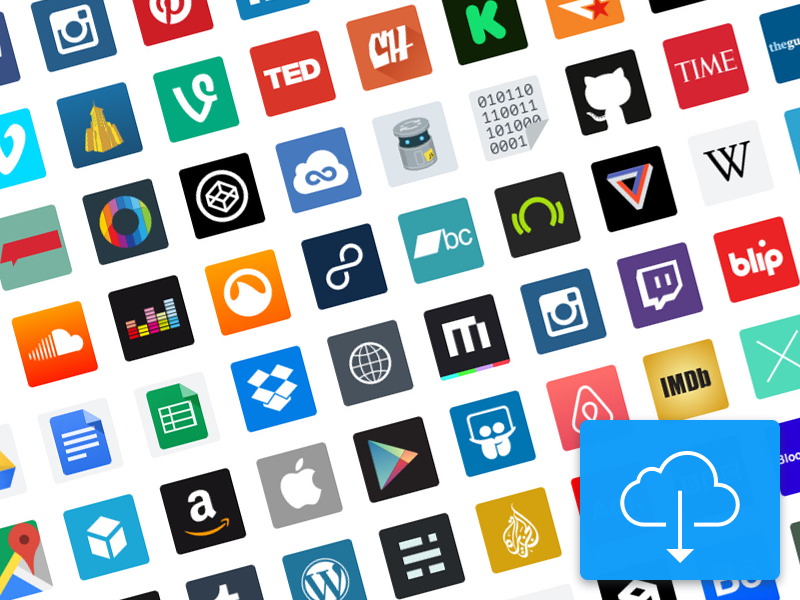
Top Ten Things – The internet has transformed modern life in ways we never imagined. At the heart of this transformation are several influential websites. These platforms. Developed in garages, dorm rooms, or labs. Have not only changed communication. But also redefined education. Shopping. And social interaction. While many sites became popular. Only a few have reshaped how billions live. Some altered entire industries. Others sparked political movements. Their influence reaches beyond screens. Into daily habits. Beliefs. And even language. Moreover, they continue to evolve. Offering new services. New norms. And new ways of being human in a digital era.\
“Read More:: Best Local Dishes in Bangkok, Thailand the most Popular for Tourists”
First of all, no other website has influenced online behavior like Google. Launched in 1998. It became the ultimate access point. Whether you’re searching for facts. Recipes. Maps. Or images. Google is usually the first stop. Furthermore, it revolutionized how websites are built. Thanks to SEO. Entire industries shifted their strategies. Content creators tailor their words. Brands obsess over keywords. Beyond search, Google also created tools. Like Gmail. Google Maps. Google Translate. And Google Drive. As a result, it is now embedded in daily routines. Shaping how people work. Navigate. Communicate. And learn across the globe.
Meanwhile, Wikipedia brought a radically different vision of knowledge. It was launched in 2001. Built on trust in people. Not experts. Initially dismissed. But eventually embraced. Wikipedia has become a credible source. With over 55 million articles. In hundreds of languages. Notably, it operates without ads. Donations support its mission. It proves that volunteer collaboration. Can produce global resources. Equally important, it reshaped academic habits. Students. Journalists. And even tech developers consult Wikipedia daily. In contrast to closed encyclopedias. This one is open. Adaptive. And constantly growing. Making it a symbol of decentralized learning. And open-source thinking.
“Read About:Top 10 Reasons the DACH Region Is Becoming an AI Powerhouse with Unit8 & OpenAI”
In the world of e-commerce, Amazon changed everything. At first, it only sold books. However, it rapidly expanded. To electronics. Fashion. Household items. And even groceries. Thanks to its Prime membership. Consumers now expect fast shipping. Detailed tracking. And customer reviews. Unlike traditional retail. Amazon personalizes shopping through algorithms. Recommending products with uncanny precision. Moreover, it supports millions of sellers. Creating a vast digital marketplace. Through AWS, Amazon also powers many other websites. While some criticize its dominance. There’s no denying its influence. It set the gold standard. For logistics. Online shopping. And scalable tech infrastructure worldwide.
On the one hand, YouTube is entertainment. On the other, it’s a library. A school. And a global stage. Launched in 2005. Acquired by Google a year later. YouTube changed content creation. Forever. It empowered individuals. To educate. Entertain. And build audiences. From makeup tutorials to political commentary. From DIY repairs to full documentaries. Every niche finds its home. In addition, it launched careers. Created influencers. And gave rise to entire subcultures. The platform became a training ground. Not only for vloggers. But also for teachers. Activists. And indie filmmakers. As a result, YouTube rewrote the rules of media.
Initially built as a Harvard student directory. Facebook quickly became a social revolution. Through it, users redefined friendship. Sharing. Events. And identity. In contrast to earlier networks. Facebook connected people with real profiles. Real-time updates. And interactive features. Over time, it expanded. With Pages. Groups. Messenger. And Marketplace. Today, it’s more than a network. It’s a digital town square. Moreover, it plays a central role. In political campaigns. Social justice movements. And public discourse. Algorithms on Facebook influence what we see. What we believe. And how we vote. Thus, it holds immense cultural and psychological power.